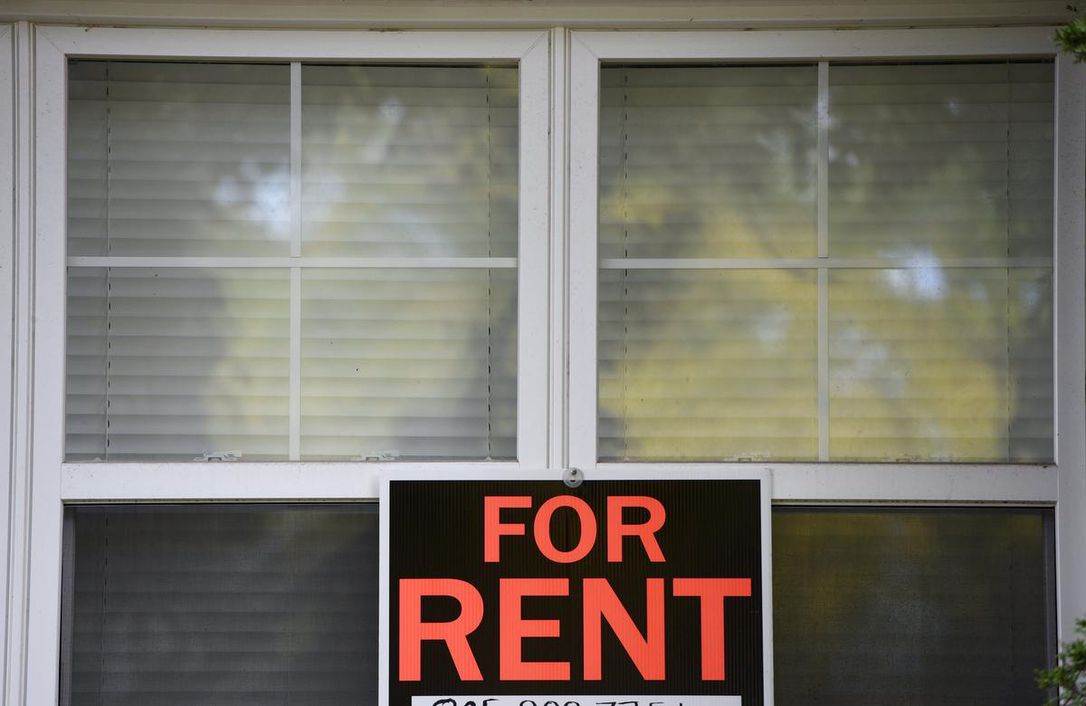Hamilton Spectator: Councillors back two-year landlord licensing pilot in areas of Hamilton
Posted August 11, 2021
Posted August 11, 2021
 The city’s planning committee has backed a rental licensing pilot in limited parts of Hamilton in an effort to eradicate squalid units and protect tenants.
The city’s planning committee has backed a rental licensing pilot in limited parts of Hamilton in an effort to eradicate squalid units and protect tenants.
“This is, I think, a huge step in the right direction for wards 1, 8 and 14,” Coun. John-Paul Danko said after Tuesday’s unanimous vote in support of the two-year test run.
“It’s going to make such a huge difference for the residents,” the Mountain councillor added.
Earlier, delegates urged city politicians to back the immediate implementation of the pilot and not heed staff’s advice to delay it until 2023.
“Tenants have been waiting too long for something to be done,” said Darlene Wesley, a member of Hamilton ACORN, an organization that urged a citywide program in 2018.
Wesley said it’s difficult for renters to live with mould and bedbugs while also trying to push for repairs.
It’s also “unfair” to place the burden on tenants to push for action, given a range of obstacles, including language barriers and a lack of knowledge of their rights, she said.
Wesley noted businesses, including nail salons and restaurants, are subject to licences to ensure health and safety. “Why do we give landlords a free pass?”
The pilot — which still requires final approval at council — applies to small-scale rentals in Ward 1, Ward 8 and a part of Ward 14.
With an estimated operating cost of $2 million, the pilot is to “achieve full cost recovery with no net levy impact” through fees charged to landlords.
Representatives of Mohawk College and McMaster students’ unions also called on councillors not to wait until 2023 to consider the pilot.
Students, especially those who are new to the country, can fall prey to “predatory” leasing practices that put them in unsafe living conditions, said Siobhan Teel, vice-president of education for the McMaster student union.
“Students are not asking for luxury accommodation,” Teel said, noting young renters cope with a litany of problems, including broken windows, malfunctioning appliances and mould. “They’re asking for the bare minimum.”
In a report, city staff advised against implementing the pilot project amid concerns of tenant displacement and rising rents during the COVID-19 pandemic.
The pandemic has “significantly increased the pressure” on the rental market and housing stock, the report stated, pointing to “potential” displacement with provincial eviction moratoriums lifted.
Landlords have also warned any new costs imposed on them will end up being recovered through jacked rents.
But on Tuesday, delegates argued those concerns were largely moot given spiking rents and tenants losing their homes to renovations were already severe problems.
“I find that argument absolutely ridiculous,” Karl Andrus, a tenant and member of the Just Recovery Hamilton Coalition.
“When is the appropriate time to deal with these issues?” he asked, describing rundown rental buildings sold off to new owners who force tenants out to renovate and hike rents.
Tenants face intimidating power imbalances with landlords when it comes to asking for repairs and delays from the city responding to complaints, Andrus noted. “We have unsafe housing all across the city.”
Rosemary Lukosius, of the Ainslie Wood Community Association, noted a “deterioration” in her community over the past 25 years with investors turning single-family homes into decrepit rentals.
Lukosius, who showed photos of piled-up trash and unkempt yards, said the complaints-based approach is ineffective. “These problems would no longer exist with the proposed rental licensing program.”
***
Article by Teviah Moro for the Hamilton Spectator
